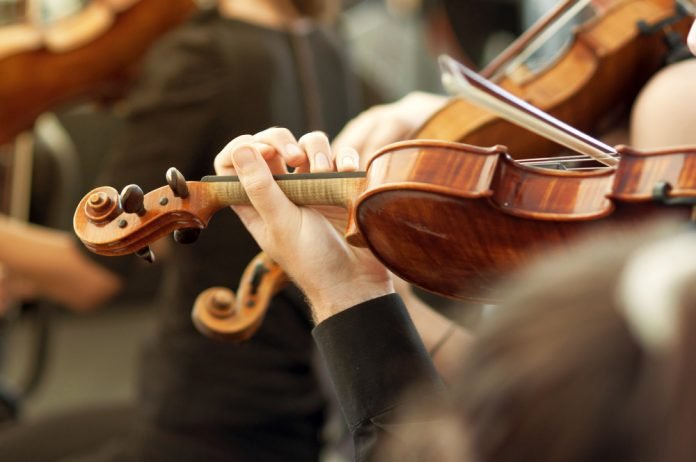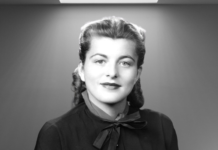
Last Updated on June 27, 2022 by azamqasim
You are hanging out in the break room when someone mentions an orchestra. What’s the first thing you think of? If you are like most people, you think of classical music. You think of conductors standing on podiums, directing classically trained musicians with waving arms and a baton. But guess what? An orchestra isn’t just for playing classical music. Orchestras do so much more.
The strange thing about orchestral music is that, more often than not, we don’t notice it. It is in the background. It fills in nicely and gives body to music that might otherwise seem flat. If the orchestra members are doing their jobs correctly, they blend in so well that you barely notice – unless you are purposely listening for their parts.
The classic pop ballad illustrates this concept perfectly. Imagine you are a composer with a brand-new song you think is destined for the top forty. Along with your arranger, you decide the piece needs an orchestra. You work with Supreme Tracks to record the orchestral parts remotely. Those parts are going to be the one thing that really makes your ballad come alive.
Orchestral Music in the Movies
In pop music, an orchestra provides body and depth. It adds emotion to a song. Did you know that orchestral music does the same thing for movies? We consciously know that music plays in the background of just about every major motion picture film. We are so accustomed to it that a film seems obviously flat when there is no music playing in the background.
How does orchestral music influence films? Through the different instruments and the sounds that they make. Instruments are much like voices. Each one sounds a bit different; each one adds something different to the arrangement. Skilled musicians are able to make their instruments sing as though they were part of a choir. Depending on how they sing, they create a particular mood or emotional response.
Even TV makes use of the orchestra from time to time. You will not hear orchestral music in a typical sitcom, but you might very well hear it while watching a drama, murder mystery, love story, etc. The purpose is the same as in the movies. Music draws you into the story by evoking emotions that help you better understand what the director wants you to feel.
The Orchestra and Rock & Roll
Just to demonstrate how versatile orchestras are, consider combining orchestral music with rock & roll. That’s just what a band named the Electric Light Orchestra (ELO) did in the 1970s and 80s. Although other bands had toyed with the idea prior to ELO, the English rock band led by Jeff Lynne and Bev Bevan was the first group to enjoy commercial success doing so.
ELO combined rock & roll, orchestral music, and even a little bit of technology to create music no one else was making. Not only that, but their live shows were also a huge hit. A full orchestra sharing the stage with long-haired rockers was completely unique. An array of visual special effects sent things over the edge.
Although you might not consider such an environment suitable for an orchestra, ELO made it work. It worked so well that the band sold tens of millions of records during their run. Many other bands would go on to imitate them.
Orchestras are easily the best choice for playing classical music. But they are not limited to the likes of Mozart and Bach. A good orchestra can play just about any type of music and play it well. Maybe that’s why orchestral music is so pervasive.
Read More: Why Hawaiian Rock Walls Are Better Than Other Rock Walls?






















